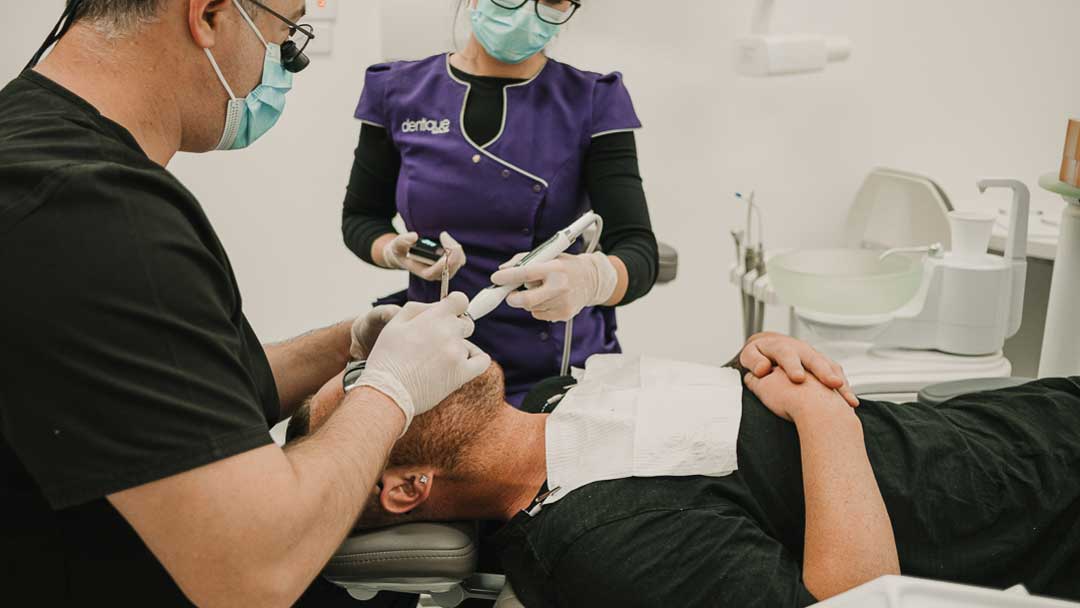Taking Good Care of Your Teeth
Why it is Important to Take Good Care of Your Teeth
You can take good care of your teeth by following a few simple steps. These include regularly visiting your dentist for a checkup and flossing to remove plaque and food particles from your teeth. You should also avoid acidic drinks and starchy foods. These tips will help you maintain good oral health, without changing your daily routine. You can also read this article to learn more about oral care. Here are some other steps you can take to maintain your oral health:
Avoiding acidic drinks
If you want to protect your teeth and gums, one of the best ways to do so is to limit the number of acidic drinks you consume. While this can seem like a simple solution, acidic drinks can damage the enamel on your teeth, which can result in abscesses and tooth loss. Drinking water is an excellent way to wash out the acid in acidic drinks. Using straws when drinking these drinks will also help to wash away any acids that may remain in your mouth.
Acidic beverages are not only unhealthy for you, but they also have many adverse effects on your teeth. Acidic drinks are hard on your teeth because they remove the protective enamel layer that covers the teeth. These acids can also erode the enamel, exposing the yellow inner layer of the tooth called dentin. This can result in tooth sensitivity. Drinking acidic beverages will cause this erosion to happen faster and more rapidly than you think. You can minimize the effects of acidic drinks by using a straw or by sipping them slowly.
Flossing to remove plaque
Flossing to remove plaque is essential to keep your teeth and gums healthy. Plaque builds up in your mouth due to bacteria and starches in your food. These bacteria then mix with the starches in your food and stick to your teeth. The result is a film that you can feel and see. Fortunately, this film can be removed easily. Here are some tips for effective plaque removal. Once you know the benefits of flossing, you can start removing plaque from your teeth.
You can improve your oral health by flossing regularly and using a water flosser. Flossing helps remove plaque, which can cause serious problems like gum disease and tooth decay. Flossing can help you keep plaque from building up in hard-to-reach places. Your gums are a big part of your oral health, so it’s essential to keep plaque and tartar at bay.
Regular dental checkups
The dentist will use x-rays to examine the structure and health of your teeth and gums. They can help identify underlying concerns like jaw bone loss and impacted teeth. X-rays also allow dentists to check for cavities that are difficult to see at home, including those that are hidden under the enamel. They can also detect problems with fillings, braces, bridges, dentures, crowns, and more.
In addition to cleaning your teeth, dentists will examine your jaw, neck, and lymph nodes. Your dentist will also check for any possible health issues, such as diabetes and cancer. A regular dental checkup is one of the best ways to prevent oral disease and keep your teeth in good health. Regular dental checkups can help you stay informed and make healthy lifestyle changes. For example, your dentist will tell you if you need to change your diet, floss, or brush your teeth more often.
Avoiding starchy foods
Despite popular belief, eating starchy foods can be detrimental to your dental health. These foods contain high amounts of sugar and acid, which can cause damage to your teeth. Try to limit your intake of starchy foods and drinks and try to rinse your mouth after eating treats. Leaving food stuck between your teeth will encourage bacteria to breed, leading to tooth decay. The best way to avoid this is to choose fiber-rich foods instead of starchy ones.
Rice is an excellent source of slow-release protein and a high standard of nutrition, but its high starch content can damage teeth. Many people eat rice daily, which can contribute to a higher risk of tooth decay. However, if you choose wholegrain rice, you can mitigate the amount of starch in your diet. However, because starch is so high in calories, it is important to avoid eating starchy foods, which may result in weight gain.
Visiting a dentist
Your visit to the dentist should include a thorough examination of your teeth and gums. Your dentist may also take x-rays to determine whether there are any cavities. They will also clean your teeth by using different tools to remove plaque and tartar. They will also give you a follow-up plan and schedule further appointments if needed. You should make a routine appointment every six months or so.
In addition to checking the overall health of your teeth and gums, a regular visit to your dentist will help them detect problems early on. Your dentist can also treat gum disease and small cavities before they become more serious. Your dentist can also screen you for other illnesses, including oral cancer. By preventing dental diseases and treating them early, you may find that you visit your dentist less often. Instead, you can make an appointment when you first notice a problem.

